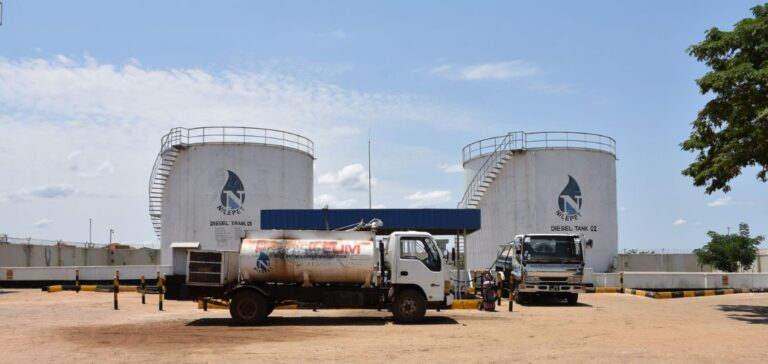Nile Petroleum Company (Nilepet), South Sudan’s state-owned oil company, has officially taken over the assets of Malaysian oil giant Petronas, marking a significant change in South Sudan’s oil industry.
This acquisition follows the withdrawal of Petronas, prompted by growing operational challenges in the region, notably due to ongoing instability in neighboring Sudan.
Nilepet’s acquisition of these strategic assets comes against a backdrop of steadily declining national oil production, which remains the country’s main economic driver.
Challenges and prospects
The assets acquired by Nilepet include interests in Blocks 3/7, 1/2/4 and 5A, which in 2021 produced an average of 153,200 barrels per day.
These blocks are operated in collaboration with leading international partners, including China National Petroleum Corporation (CNPC), Sinopec, and Oil and Natural Gas Corporation (ONGC).
Managing these resources is of paramount importance to Nilepet, whose aim is not only to stabilize current production, but also to pave the way for future developments in an ever-changing global market.
However, the situation is complex.
South Sudan faces major logistical challenges, not least the prolonged interruption of one of the main pipelines used to export South Sudanese oil via Sudan.
This stoppage, combined with regional tensions, poses a significant risk to the country’s production and export ambitions.
Nilepet, under the leadership of Bernard Amour, has expressed its intention to strengthen its international alliances to overcome these obstacles and maximize operational efficiency.
Petronas’ withdrawal only exacerbates the challenges facing Nilepet.
Oil production, which reached 350,000 barrels per day after South Sudan’s independence in 2011, has declined alarmingly to around 40,000 barrels per day in July 2023, according to the latest data from S&P Global Commodity Insights.
Nilepet’s ambition to triple this production by 2030 requires significant investment, infrastructure modernization, and rigorous management of the risks associated with regional instability.
For Nilepet, this acquisition represents an opportunity to consolidate its position in the energy sector while meeting the expectations of the national and international markets.
The future of South Sudan’s oil industry will largely depend on Nilepet’s ability to navigate this complex environment, attract foreign investment and secure strategic partnerships.
These efforts will be essential to maintain production and guarantee the sustainability of exports, despite the many logistical and geopolitical challenges.





















